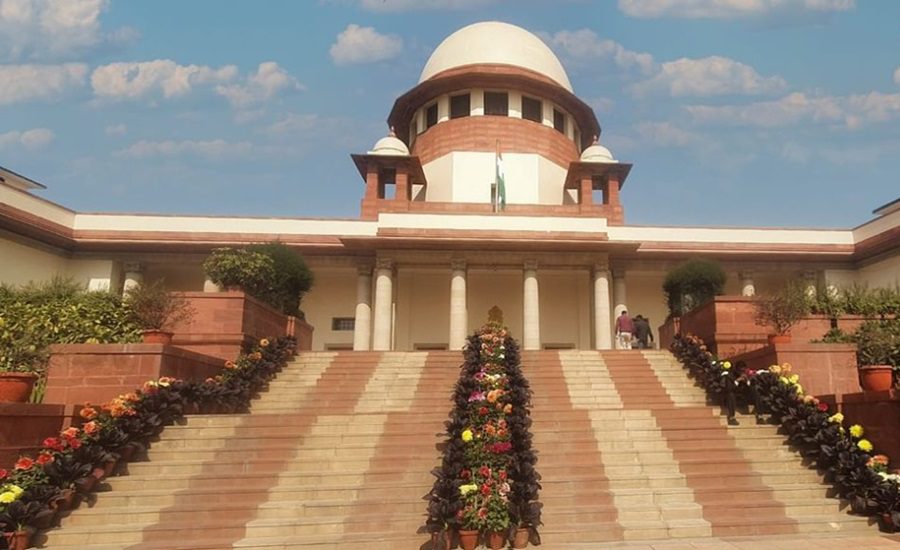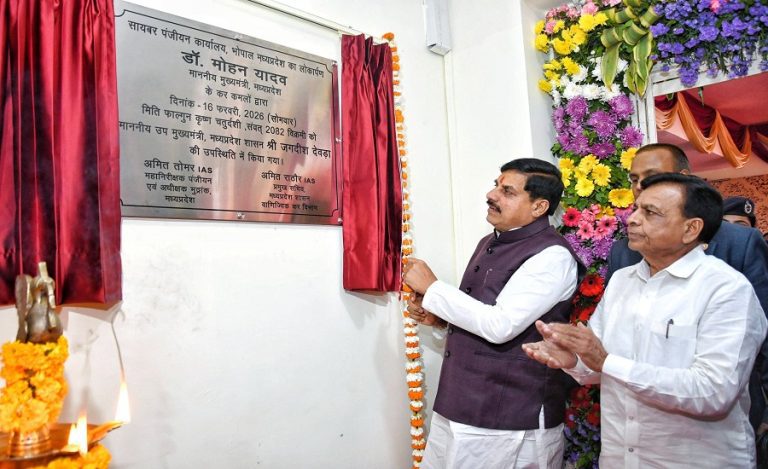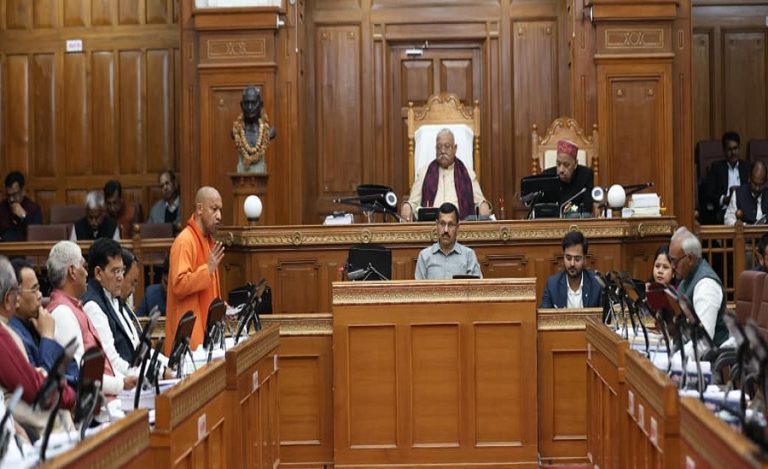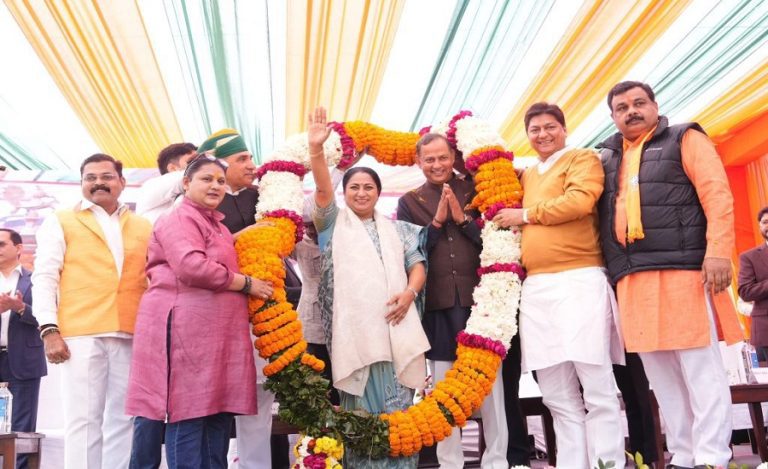New Delhi: In a major development for India’s judicial service structure, the Supreme Court of India has categorically stated that merit will not be compromised when promoting judges in the district judiciary.
A five-judge Constitution Bench, led by Bhushan R. Gavai (Chief Justice of India) has reserved its order on formulating a uniform nationwide criterion for seniority in the higher judicial service cadre.
Background of the District Judiciary Promotions Case
The roots of this matter lie in long-standing concerns about uneven promotional pathways for judicial officers who begin their careers at the entry-level (e.g., civil judges or judicial magistrates) versus those recruited directly as district judges. The case in question was filed by the All India Judges Association and relates to career stagnation among officers in the district judiciary.
During hearings, it was observed that in many states direct recruits skip large portions of the career ladder, leaving junior-division judges with limited advancement. The Bench framed a reference, asking: “What should be the criteria for determining seniority in the cadre of higher judicial service?”
What the Court Has Said
Merit Cannot Be Overlooked: The bench declared clearly: “What is proposed here is not guaranteed promotion. If they are not meritorious, they will never be considered.” In essence, while reforms are on the table, the cornerstone will remain: merit first.
Efficiency of the Judiciary Is Paramount: The Bench emphasised that the impetus behind these reforms is the “larger interest of improving … the efficiency of (the) judiciary”. The court said it is looking beyond a service dispute and focussing on what will best serve justice delivery nationwide.
Seniority & Representation Under Review: One key area of concern is the imbalance between promoted judges (those who entered the judiciary at lower levels and rose through the ranks) and direct recruits (often lawyers entering at higher levels). The amicus suggested a 50-50 zone of consideration for the two groups for district judge appointments.
However, opposing views note that there is no comprehensive data showing that the present system has failed. The Bench reserved judgement on whether uniform seniority criteria should apply across all states.
Importance of District Judiciary Promotions
For Judicial Officers: Entry-level officers who have devoted years to the service have often felt that their career progression was slow and uncertain. This decision addresses their concern.
For the Judiciary System: By promoting merit and fairness, the judiciary hopes to prevent attrition of talented officers and boost judicial morale.
For Justice Delivery: Better pathways and motivated officers mean faster, better-quality judicial outcomes at the district level—the entry point for most litigants.
Way Forward
The court will issue guidelines or criteria for seniority in the higher judicial service cadre. While exact rules are yet to be announced, states will likely need to amend their service rules accordingly.
- High Courts will retain their discretion in recommending candidates for elevation—this key point was underscored by the Bench.
- States will be under pressure to make pathways more transparent and merit-based, reducing the career-stagnation risk for judicial officers




























